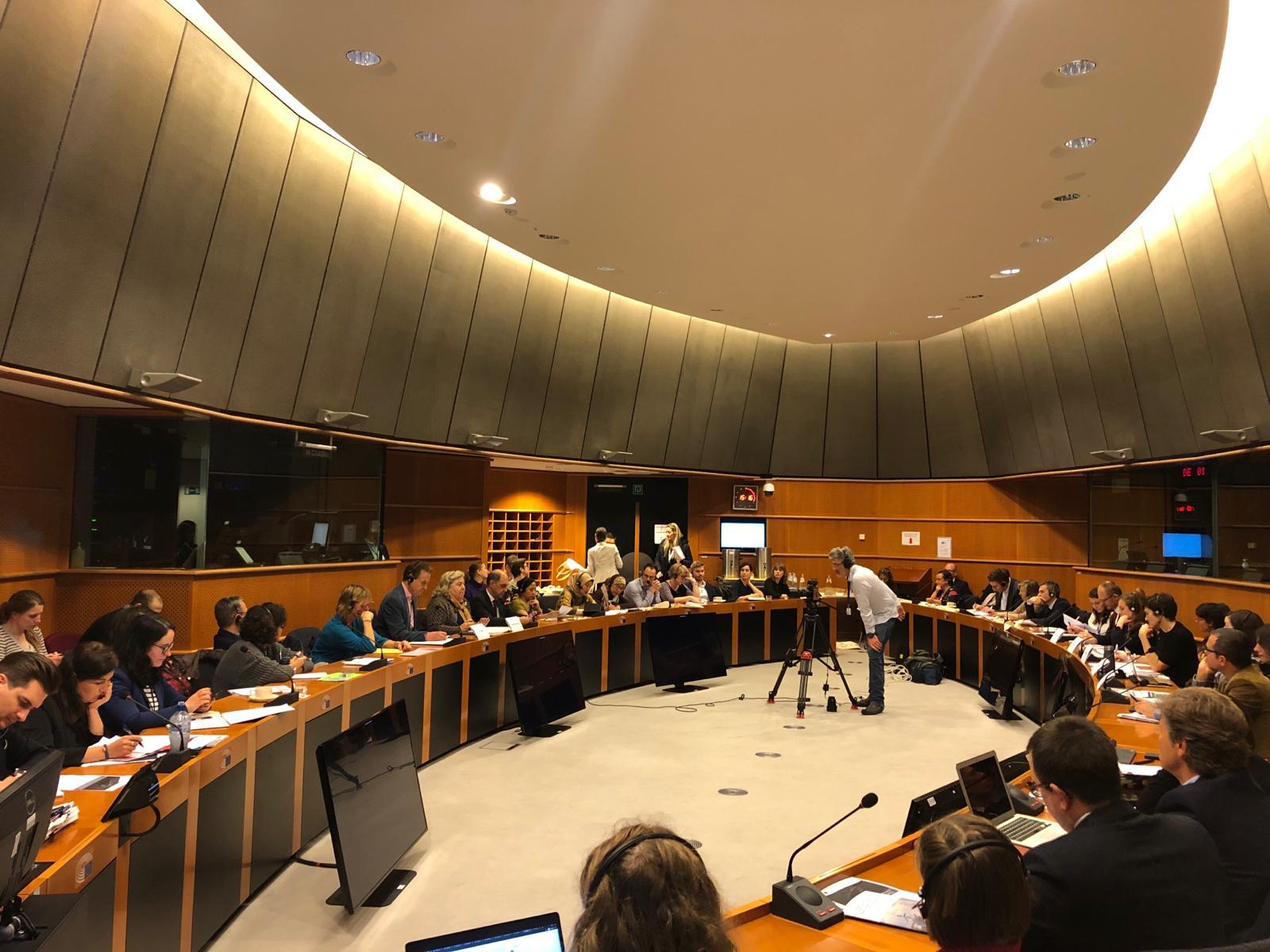Illegal, unreported and unregulated (IUU) fishing practices are widespread in many fisheries worldwide. These illicit activities exacerbate pressure on overfished oceans, pose a threat to biodiversity, cause economic losses to communities dependent on healthy fish populations and contravene international fisheries legislation. In response, some countries, trade blocs and Regional Fisheries Management Organisations (RFMOs) have developed import control and catch documentation schemes to deny market access to products sourced illegally. However, the schemes differ in how they operate and what information they request in a lack of clarity and additional bureaucratic burden for industry and creating loopholes which IUU operators can exploit.
To help address these shortcomings, the EU IUU coalition – The Environmental Justice Foundation (EJF), Oceana, The Nature Conservancy (TNC), The Pew Charitable Trusts and WWF – launched its latest report which comprehensively compares the import control rules and catch documentation schemes of the world’s three largest seafood markets: the EU catch documentation scheme, which came into force in 2010, covering all marine wild-caught fish traded by non-EU countries into the EU market; the United States’ Seafood Import Monitoring Program (SIMP), which came into force in 2016, and covers 13 types of seafood identified as the most vulnerable to IUU fishing and seafood fraud; and Japan, which currently relies on multilateral schemes implemented by some Regional Fisheries Management Organisations (RFMOs).
The report sets out the 17 Coalition-recommended Key Data Elements (KDEs) and compares the EU and US import control schemes, as well as measures by the four RFMOs which contribute the most to Japan’s seafood imports, against these criteria. These KDEs include, but are not limited to: the vessel’s flag, catch area, International Maritime Organization (IMO) number, fishing authorisations, transshipment declarations, unloading ports and catching methods.
While the EU currently requests 13 out of the 17 KDEs and the US 12, Japan has not yet set up a national import control scheme, but does comply with the requirements of four RFMOs, namely ICCAT, CCAMLR, CCSBT and IOTC. On the basis of these requirements, alignment with the recommended KDEs varies between 41% and 76%, depending on the RFMO.
The assessment of unilateral schemes shows that the EU and US systems are 59% aligned with each other when compared with the recommended KDEs, demonstrating a clear opportunity for greater harmonisation and information sharing between the world’s two largest seafood markets. Stronger alignment between these systems would be beneficial for fishers and supply chain actors who currently sell or process catch for both markets, or may seek to do so in the future, reducing the cost of complying with multiple systems.
The report launch took place together with a high-level panel discussion at the European Parliament (EP) on 8 January 2020. Hosted by rapporteur for the EP’s Control Regulation Draft Report, MEP Clara Aguilera, and co-hosted by the Chair of the EP Fisheries Committee, MEP Chris Davies, more than 60 attendees took part in the event, including MEPs, representatives from both EU Member States and non-EU countries, including Indonesia, India and Peru along with industry and civil society.
Over the course of the afternoon, attendees learnt how today’s schemes differ in operation and were briefed on the EU IUU Coalition’s recommendations for key data elements (KDEs) which should accompany any fisheries product that is imported into a market State to better ensure a transparent seafood supply chain. The report’s analysis and recommendations formed the backbone of several presentations and exchanges during the event.
Delivering the opening address at the EP event, MEP Clara Aguilera cited the importance of the Control Regulation in light of the report’s analysis and the day’s discussions, calling it “one of the most relevant pieces of regulation that needs to be on the level of other fisheries legislation… with elements of traceability being regulated with all sectors on board: industrial, artisanal, recreational fisheries – each and every one.”
Dr Samantha Burgess, Head of European Marine Policy at WWF European Policy Office, on behalf of the EU IUU Coalition highlighted the importance of strong import control schemes to prevent IUU seafood entering the market and its importance in meeting the EU’s commitment to United Nations Sustainable Development Goal 14.
Helena Orella, Sustainable Development Manager at Grupo Conservas Garavilla from Bolton Foods, supported alignment of catch documentation schemes and its potential for helping prevent fraudulent duplication of catch certificates.
Francesca Arena, head of DG MARE’s Fisheries Control and Inspections Unit, supported Coalition recommendations to swiftly upgrade the EU’s current paper-based system for seafood imports into the digital realm for “accurate, complete and readily accessible data” to help combat supply chain fraud.
Rosalie Tukker, Policy Advisor at Europêche, endorsed the need for mandatory IMO numbers on all vessels whose products are sold in Europe and suggested further ways to strengthen the EU catch certification scheme including by specifying types of fishing gear used, better defining catch areas and aligning IUU policy with labour policy. MEP Chris Davies closed the event by voicing his strong support for the Coalition report’s findings by stating that “If I could vote on some of these recommendations, I would like them turned into legislative proposals.”
Read the full report
Presentations:
Dr. Samantha Burgess (WWF), EU IUU Coalition

